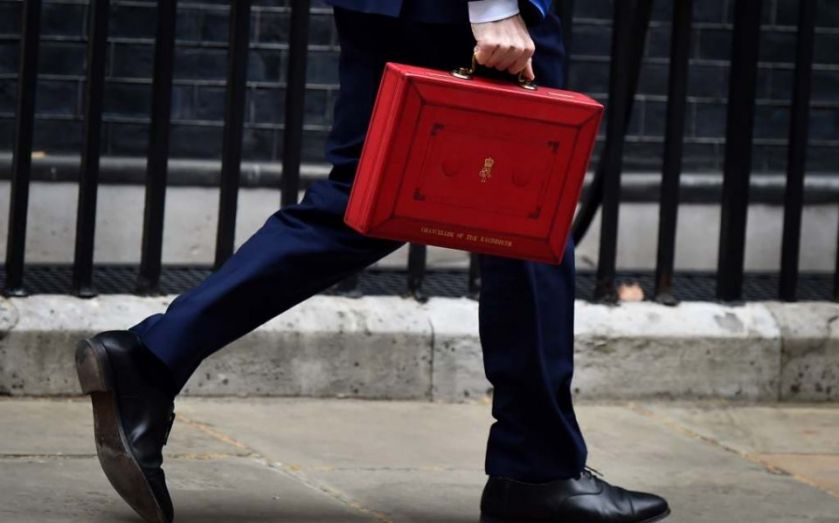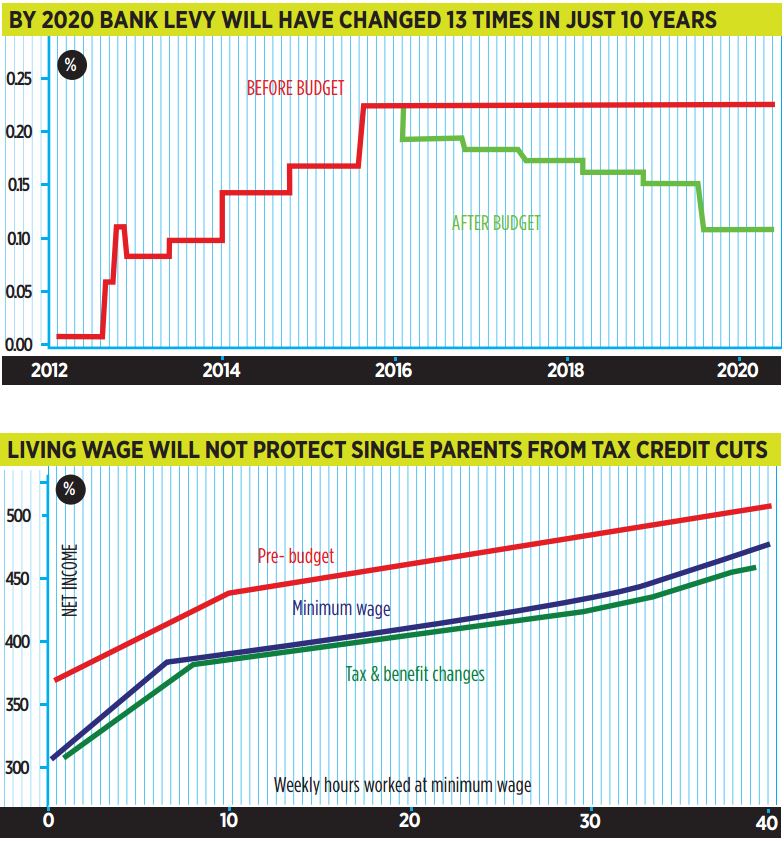Rationale of bank surcharge under fire as IFS think tank blasts George Osborne’s 2015 July Budget

A leading think tank has criticised the volatility of the UK’s bank levy and the thinking behind a new bank surcharge as part of a wider assault on what it described as a “deeply disappointing” Budget.
There would have been 13 different bank levy rates in 10 years by 2020 under Wednesday’s Budget plans, Institute for Fiscal Studies (IFS) researcher Stuart Adam said yesterday.
Adam also questioned the rationale behind a higher corporation tax for banks, arguing that it would not taper risk-taking or be proportional to a bank’s threat to the economy if it failed. It also did not reflect previous costs imposed on the tax payer.
Experts said the changes to the levy and corporation tax rates took charges that were placed primarily on big banks and transfered them to rest of the sector.
Shares in smaller, so-called challenger banks dived on Wednesday after chancellor George Osborne announced that all banks would be subject to a rate of corporation tax eight per cent higher than the standard rate.
Shares in Aldermore and Virgin Money dropped 15 and nine per cent respectively. The IFS also criticised many other parts of the Budget.
“This was not the Budget of a tax reforming chancellor,” said IFS director Paul Johnson, who wanted to see big improvements in what he called a creaking tax system.
He added that it was a “tax raising budget, not quite consistent with the boast that it was aimed at a lower tax country,” and that it was “difficult to discern any clear sense of direction in tax policy.”
The hiking of minimum wage to £9 an hour for over-25s by 2020 was described by Johnson as a “gamble” that could dent economic growth. The only sure way of achieving pay rises is to raise productivity, he said.
The minimum wage hike would also fail to offset cuts in tax credits and other welfare. Changes to tax credits mean 3m families will lose an average of just over £1,000 a year.
The poorest working families will be hit hardest by the planned tax credit cuts, the IFS said. But a large proportion of minimum wage earners are not in the lowest income households. Instead they tend to be second earners in a household with a higher earner. Yet even if a single parent with two young children was bumped up to the new higher minimum wage from the current level, it would barely make up for the loss in tax credits.
